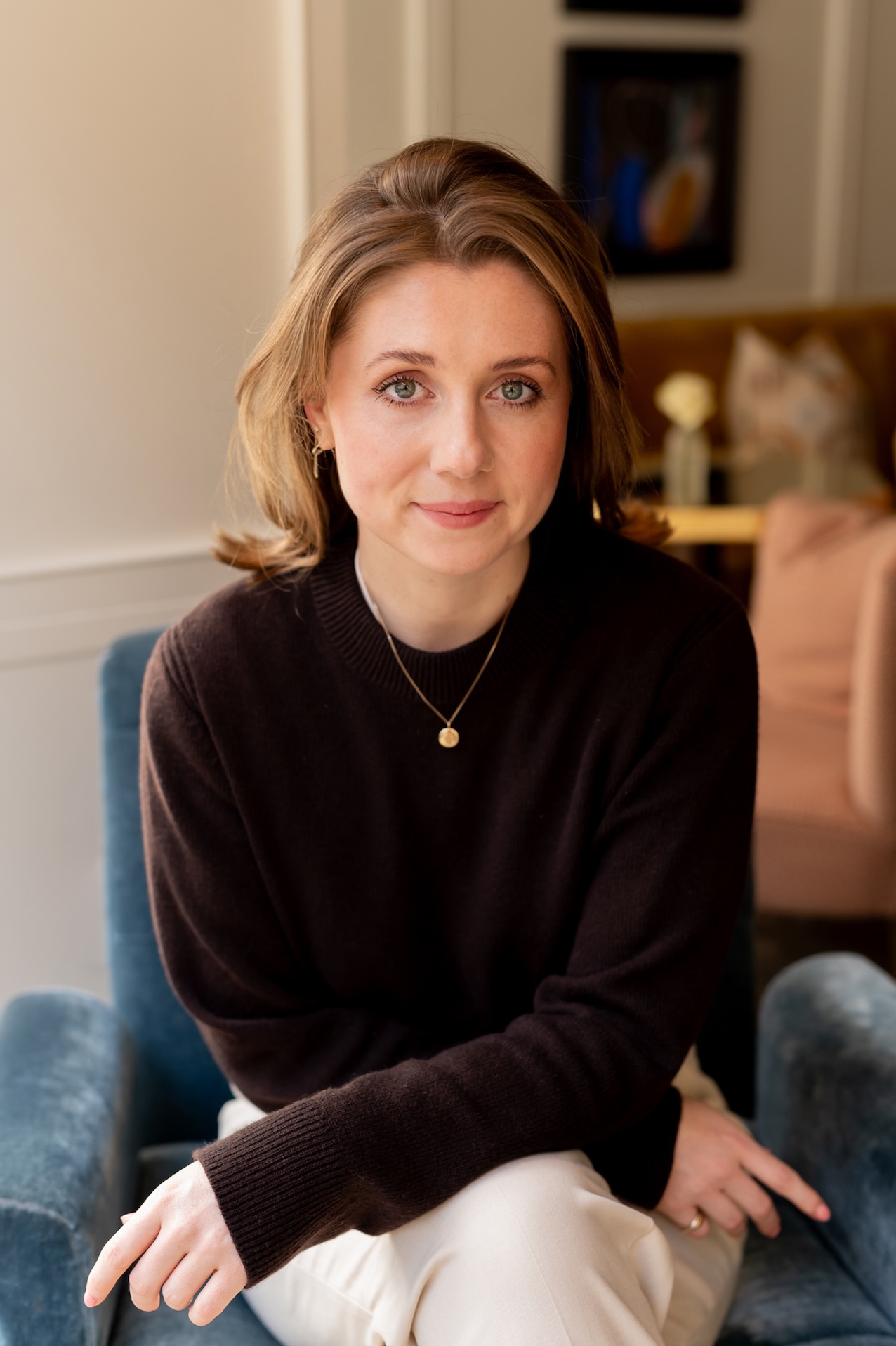The ‘utterly unique’ skincare brand that’s used in the ‘world’s best hotel’ spa
The Seed to Skin brand was the byproduct of one woman’s length fertility journey — it’s so good that today it’s used in a hotel voted the ‘world’s best’.
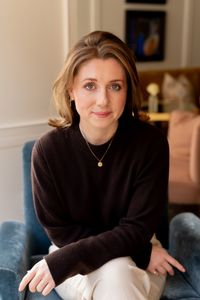
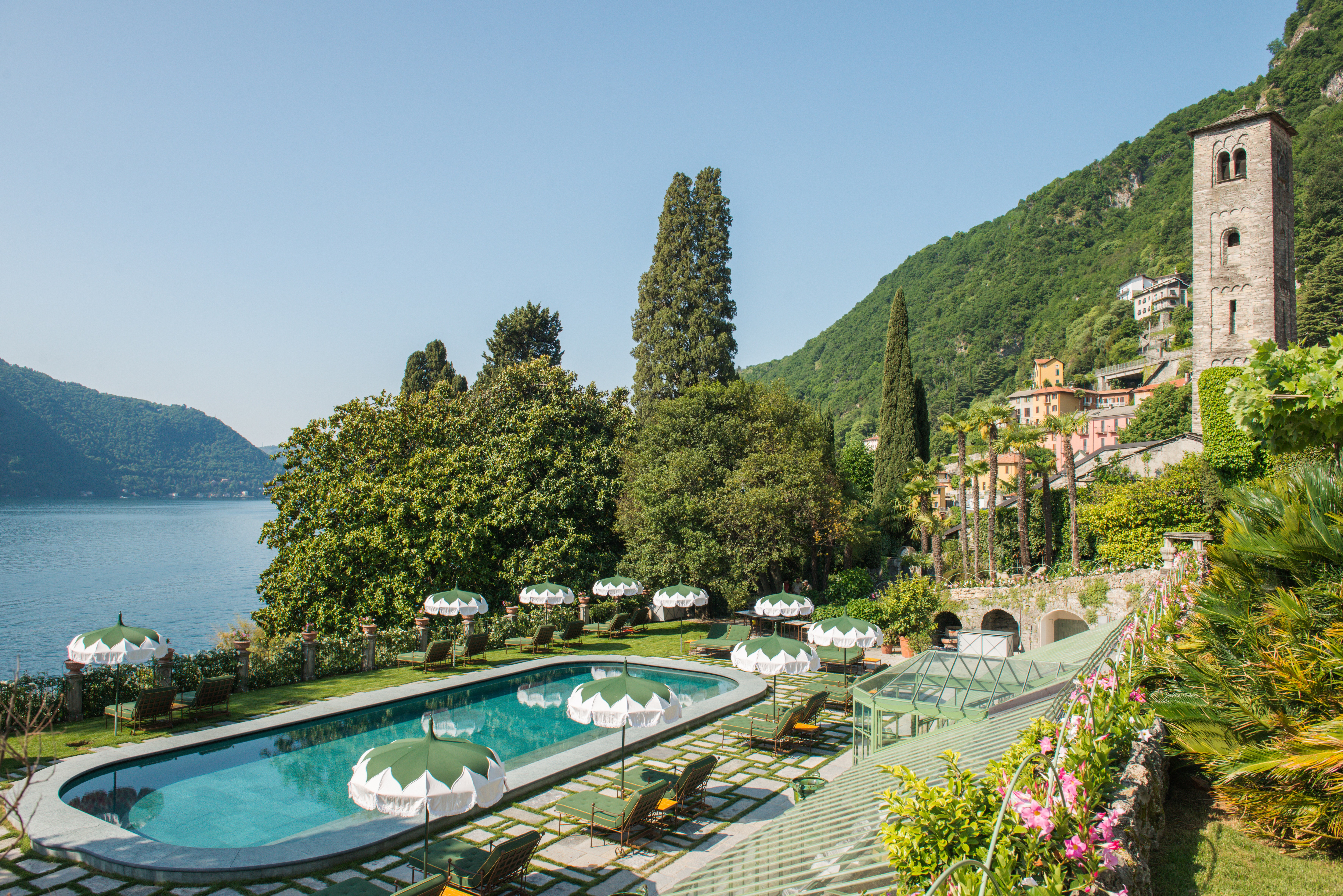
In today’s world, most new hotels blaze bright and are then relegated to the shadows — proving to be a flash in the plan — because, ever fickle, we turn our attention to the next new opening, and the next one, and so on… It therefore takes something — or someone — extra special to hold out attention and make a permanent mark. Enter stage right, Passalacqua, which opened in June 2022 and won Best Hotel in The World in September 2023.
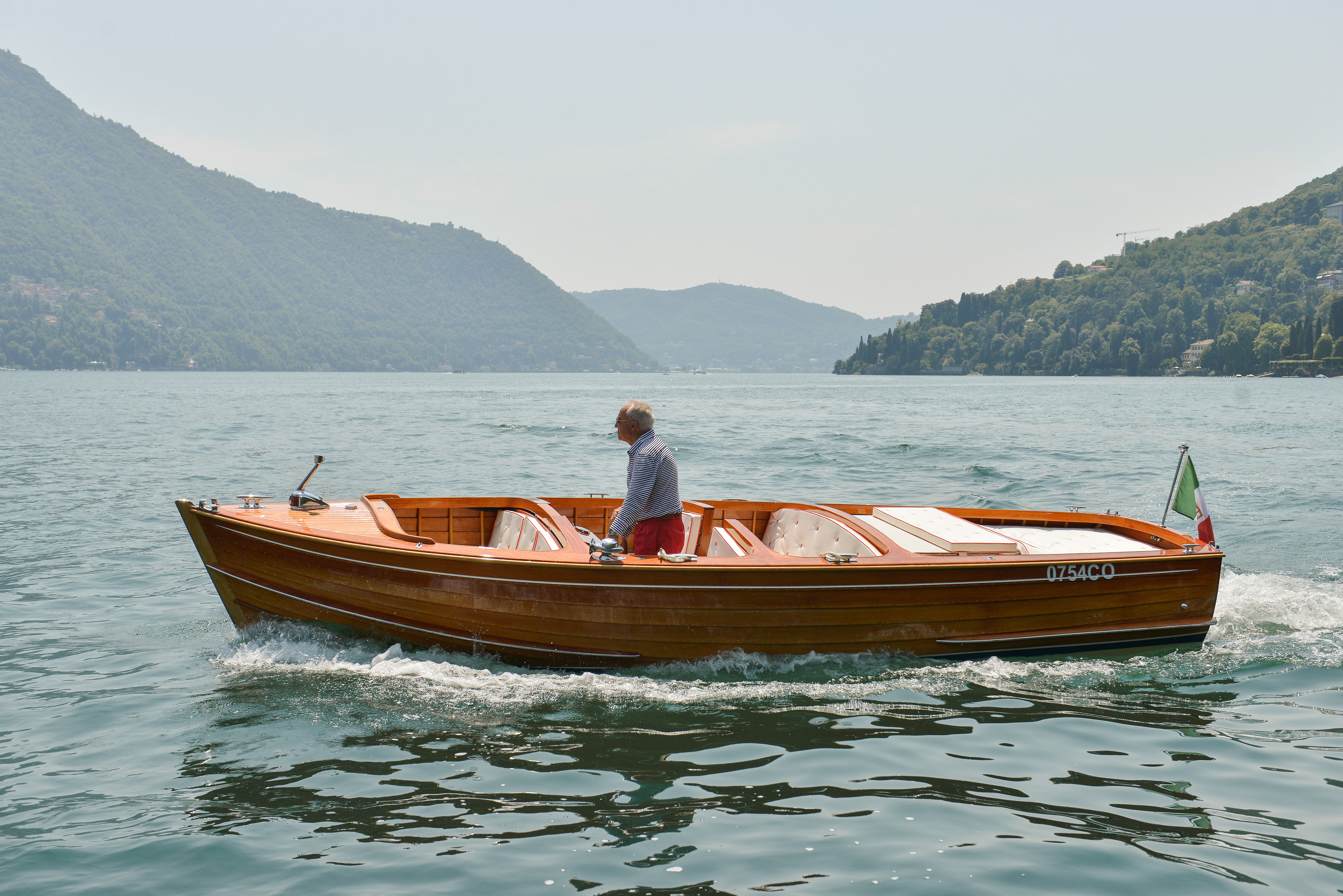
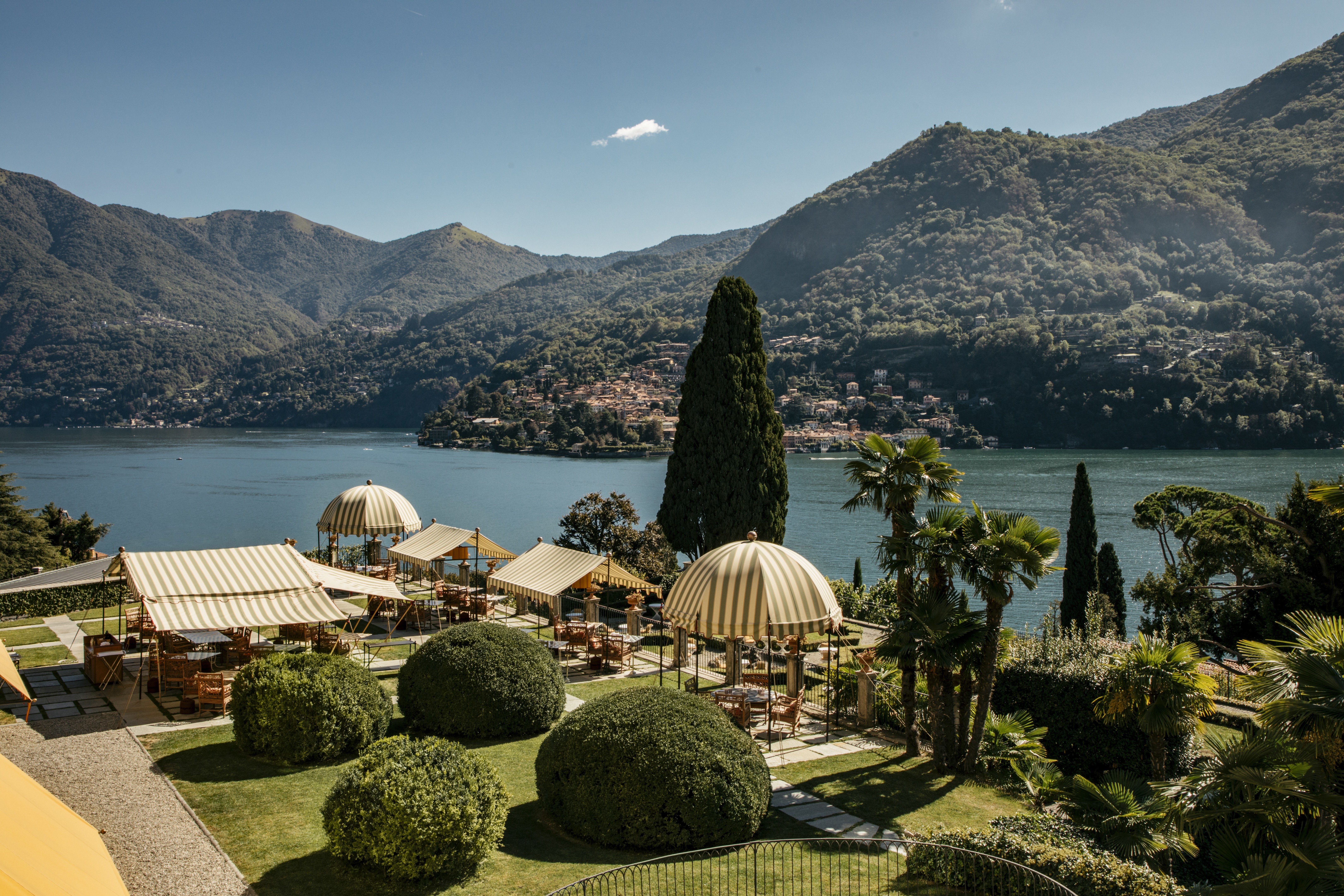
I first visited four months after its opening date and was instantly struck by the sense of wholeness and permanence that typically only oozes from the grandest of Grande Dames and then some. ‘This is a hotel that Como’s seasoned summer crowds flock to,’ I wrote back then. ‘The ones who have already ticked off the Lake’s myriad Grande Dame properties and now want something a bit more personal, a bit more fun — without having to sacrifice on style or service.’
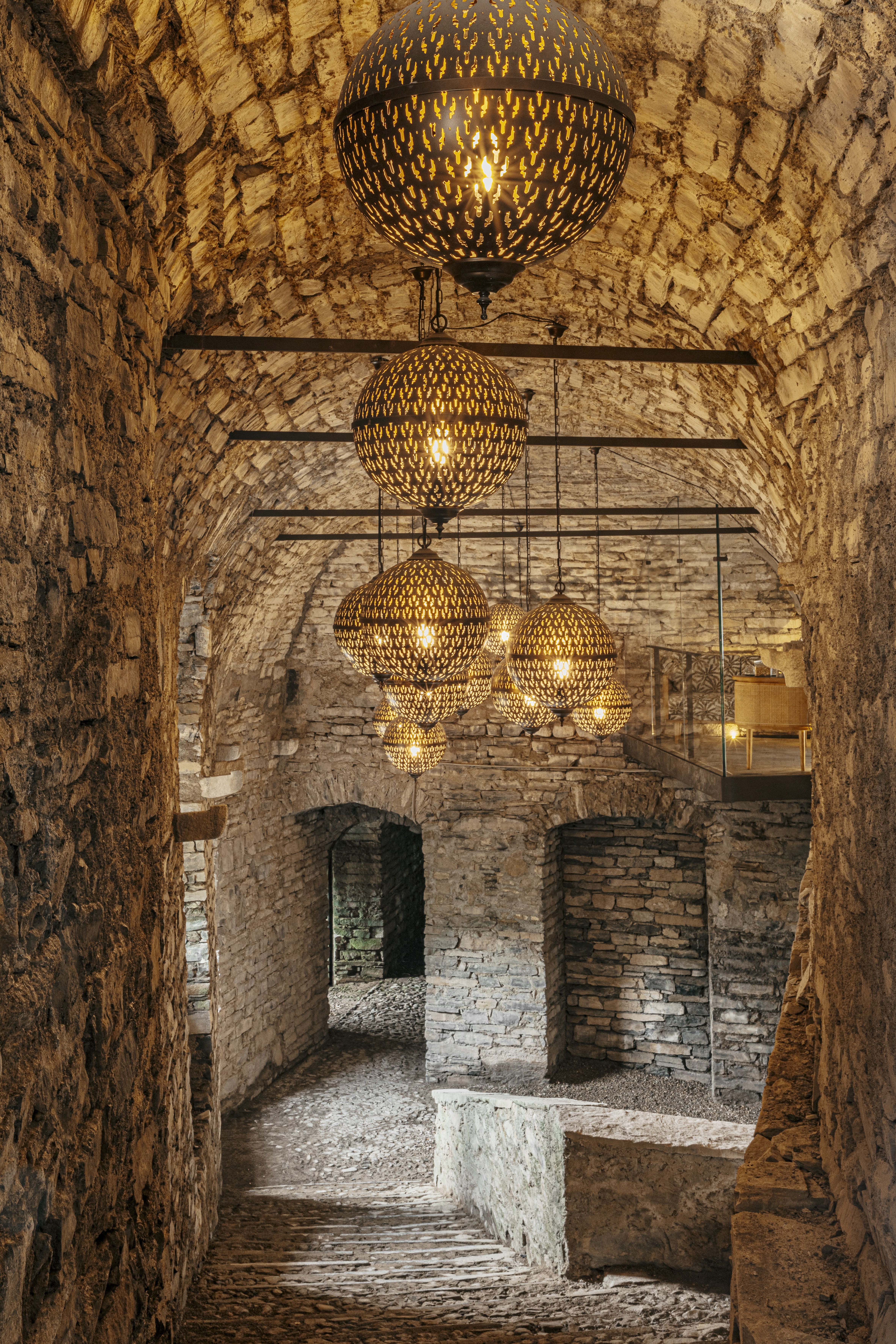
It obviously helped that the building — a creamy shuttered building, built for Count Andrea Lucini Passalacqua — has stood in place, overlooking the western shores of Lake Como in the shadow of the ever-so-slightly-skew 11th century Church of Sant’Agata since the late 18th century. But the interior refurbishment — overseen by owner Valentina de Santis (her family also owns the nearby Grand Hotel Tremezzo) in place of a headline-making interior designer who would’ve likely wanted to put their own specific stamp on it all — was gargantuan.
One space was left untouched and only unveiled until last year. The spa. Built into a series of tunnels that snake their way underneath the gardens, from the main house to the pontoon that hovers atop onyx water. The tunnels were likely constructed for the transportation of foodstuffs and other household goods that had floated over from Como city (better that than navigate the narrow and winding roads), but it is more fun to imagine, say multiple members of staff, that star-crossed lovers, looking for somewhere private, embraced in their subterranean depths.
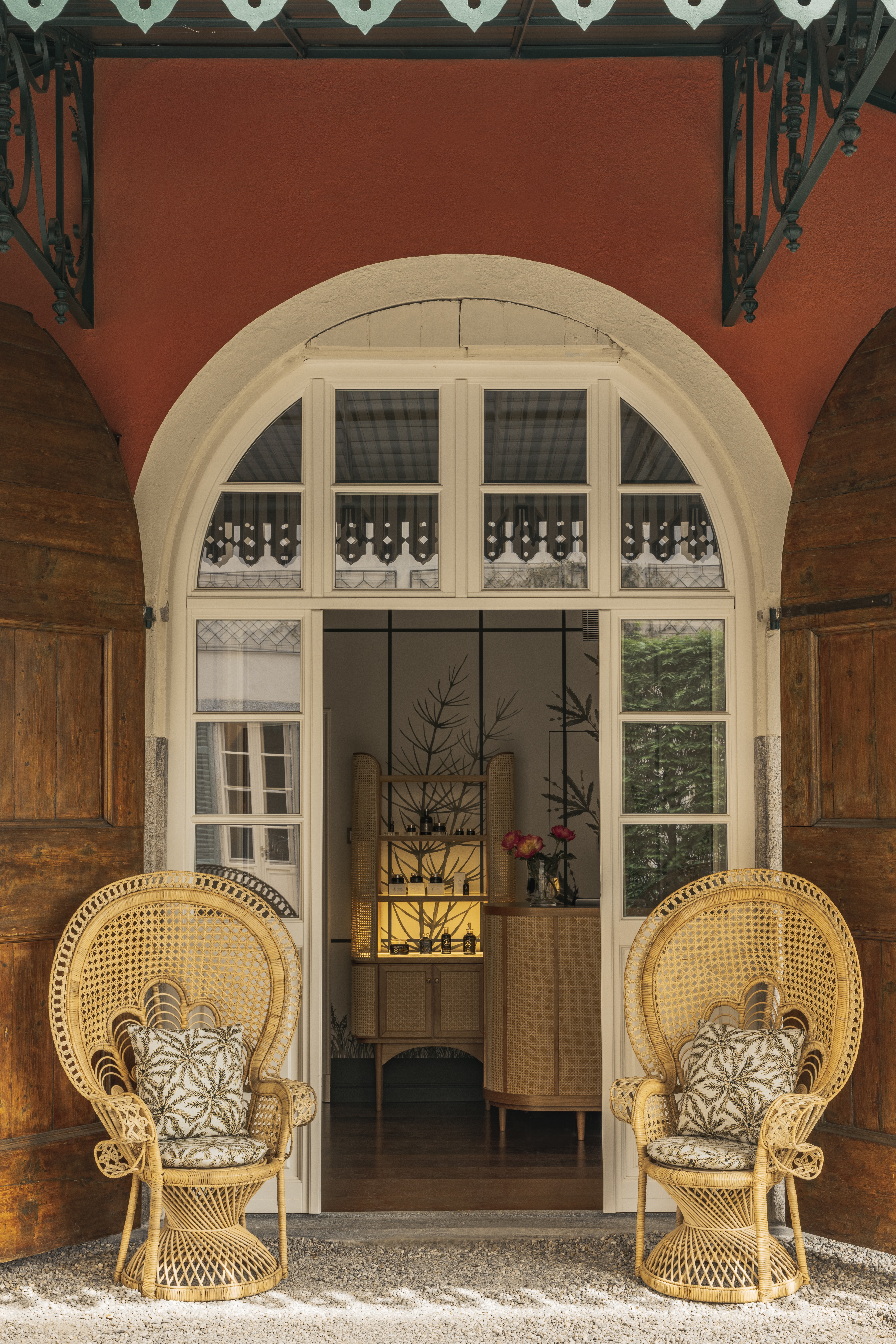
When I first started writing about travel — my first, forgettable piece was probably some eight years ago — the majority of hotel spas used Elemis products. Occasionally, very occasionally, an obscure Swiss medical brand managed to slip into the treatment rooms. And then something happened. It became cool — and press release worthy — to partner with a skin- and body-care brand that customers likely saw on the shelves of their local Space NK or even already used at home: Barbara Sturm, Tata Harper, Natura Bissé, Guerlain… Better yet was partnering with a rarely- or never-used brand.
Passalacqua went one-step further and plumped for Seed to Skin — an utterly unique range of products manufactured about 250 miles south, inside another whimsically romantic hotel called Borgo Santo Pietro. The Tuscan hotel’s skincare laboratory, in spitting distance of the expansive kitchen garden and candy-coloured chicken coops, is a sort of gleaming, modern-day witch’s potion-brewing station. Bottles of goodness — and they really are good; slather on the Miracle Midnight oil and then come back to me — emerge in pleasingly-hefty green glass bottles with brushed silver stoppers. The logo, three conjoined pilgrim’s staffs, is a sort of homage to the site’s history as a lazzaretto, or healing stopover, for pilgrim’s journeying on the 2,000km (about 1,242 miles) Via Francigena between Canterbury and Rome.
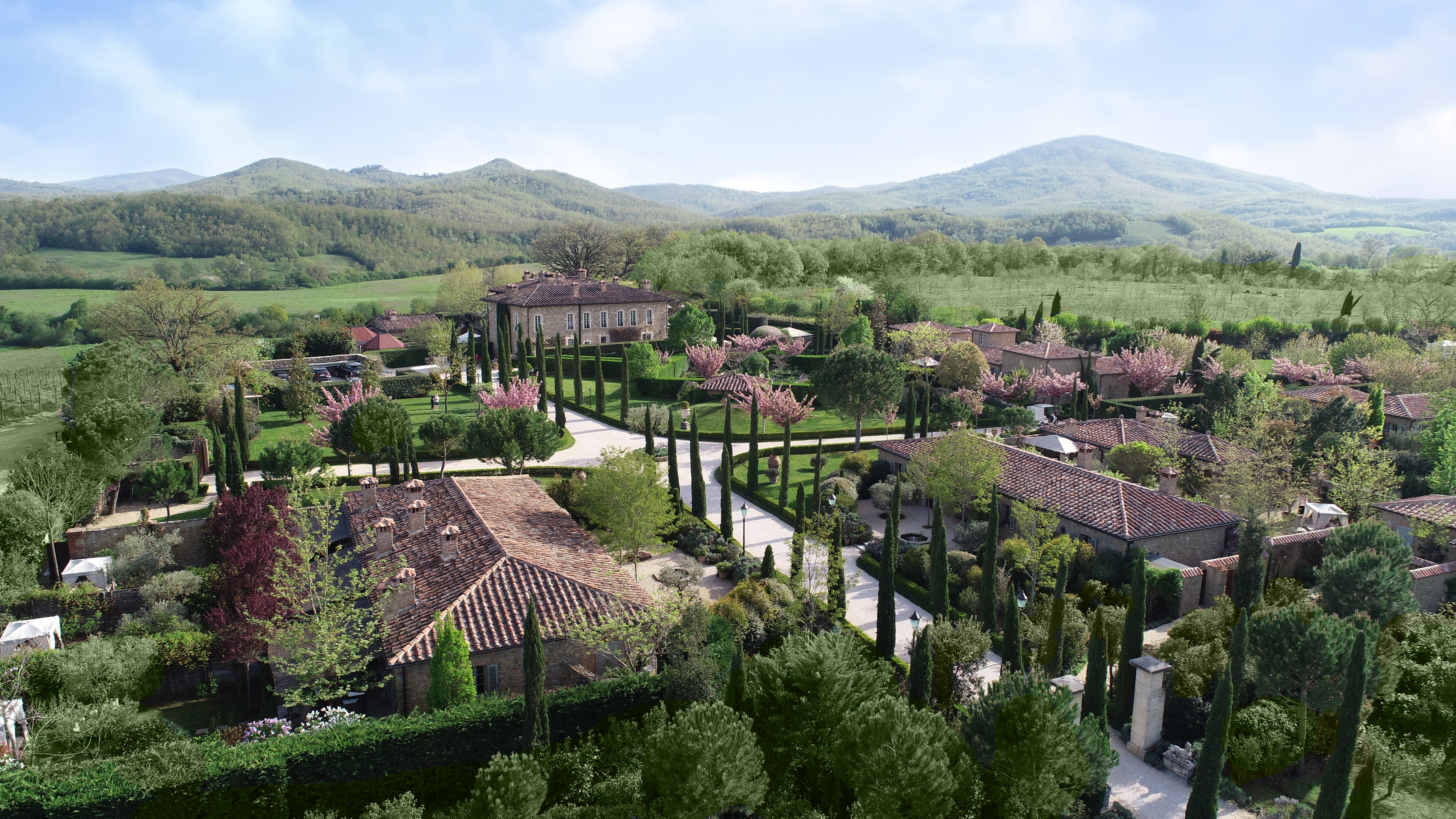
In 2001, Claus Thottrup Claus and Jeanette Thottrup purchased Borgo Santo Pietro, planning to live in it full time. When this proved impossible, they set about creating a village-style hotel, starting with only a few rooms. The rest followed piece by piece. Around the same time, the couple discovered that they couldn’t conceive a much-longed for child. Living mostly in London at the time, they discussed giving up their Danish passports and applying for English citizenship in order to adopt, before deciding to work with a herbalist and acupuncturist, adopt alkaline diets and subject themselves to a myriad other tests. ‘I was 39 when I got pregnant,’ says Jeanette, ‘and the funny thing was, they [the doctors] said: “Oh, you know, now your eggs look like they did when you were 23".' (When their son was born, Claus built his wife the pond in Pietro’s gardens.) Intrigued, she took a course in natural medicine, ‘and that was sort of the start of the idea of Seed to Skin.’
Exquisite houses, the beauty of Nature, and how to get the most from your life, straight to your inbox.
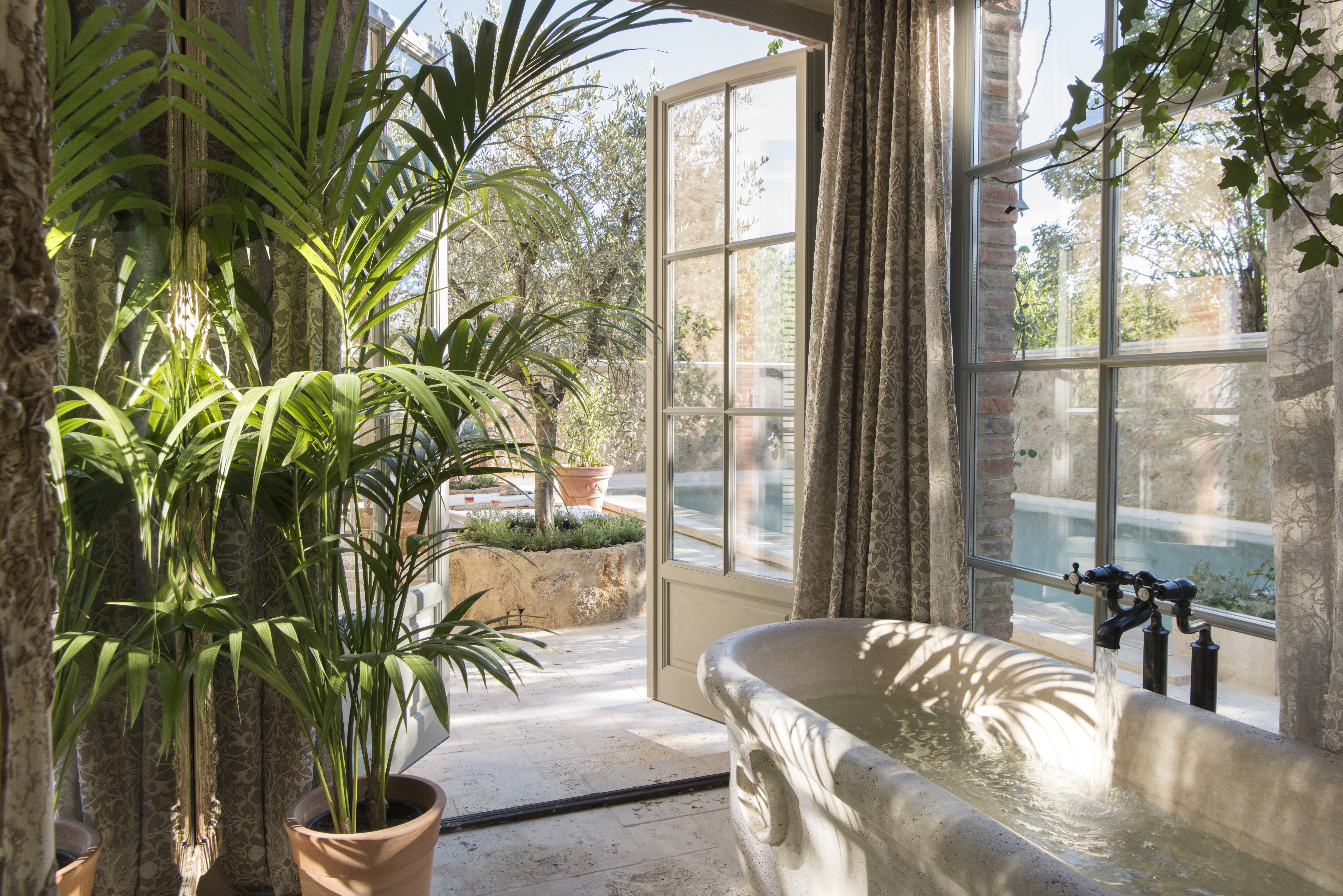
‘I didn't even have skincare in mind at that time,’ she continues, ‘but what I was really fascinated about was the soil health… the integrity of the soil.’ The state of Earth’s soil — which contains more than half of all animals and is integral to our survival — was not a widely-discussed topic in the early 2000s, so Jeanette was, in many ways, ahead of the curve. Nowadays, more of us understand the consequences of not looking after what we have — both on food quality and security. ‘Intensive agriculture, with its tillage and use of artificial fertilisers and chemicals, which deplete rather than feed the soil, have left the UN declaring one-third of the globe’s soils to be degraded,’ wrote Sarah Langford in the June 12, 2024, issue of Country Life. ‘In a world that grows 95% of its food in soil, this degradation undermines our very existence.’
The Seed to Skin products are not designed to be consumed — although I’d put money on the fact that they’re likely of better quality than some of the ultra-processed food currently available on supermarket shelves — but they are made with an abundance of herbs and applied to delicate, porous skin. ‘It became sort of clear to me that we needed something just different,’ says Jeanette, ‘so we produce everything on the estate, about 300-acres-worth, and we have our own herb processing plant.’ Handily, the soil around Pietro is very mineral rich — something that’s evident in Seed to Skin’s regular toxicity reports that are conducted on every raw ingredient that they use. The quality is maintained with the help of 300 sheep and a lot of mushroom manure. ‘You need your soil to be certain parts bacteria and certain part funghi in order to be great soil,’ explains Jeanette. ‘If you have bad soil, you get bad products.’ Unsurprisingly, Seed to Skin is certified organic and it employs plenty of biodynamic farming principles (a holistic agricultural approach that takes into account the celestial cycles, as seen from Earth).
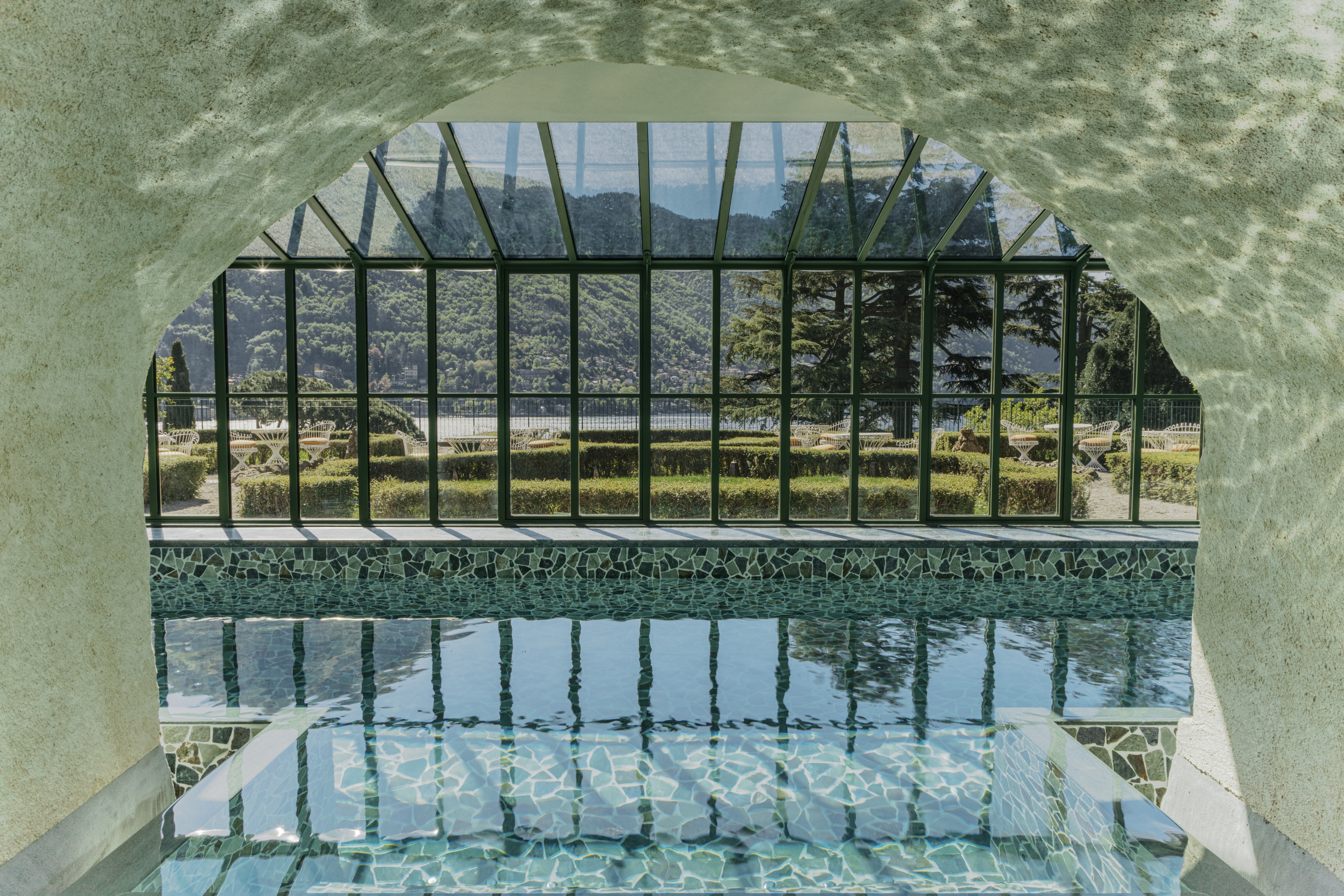
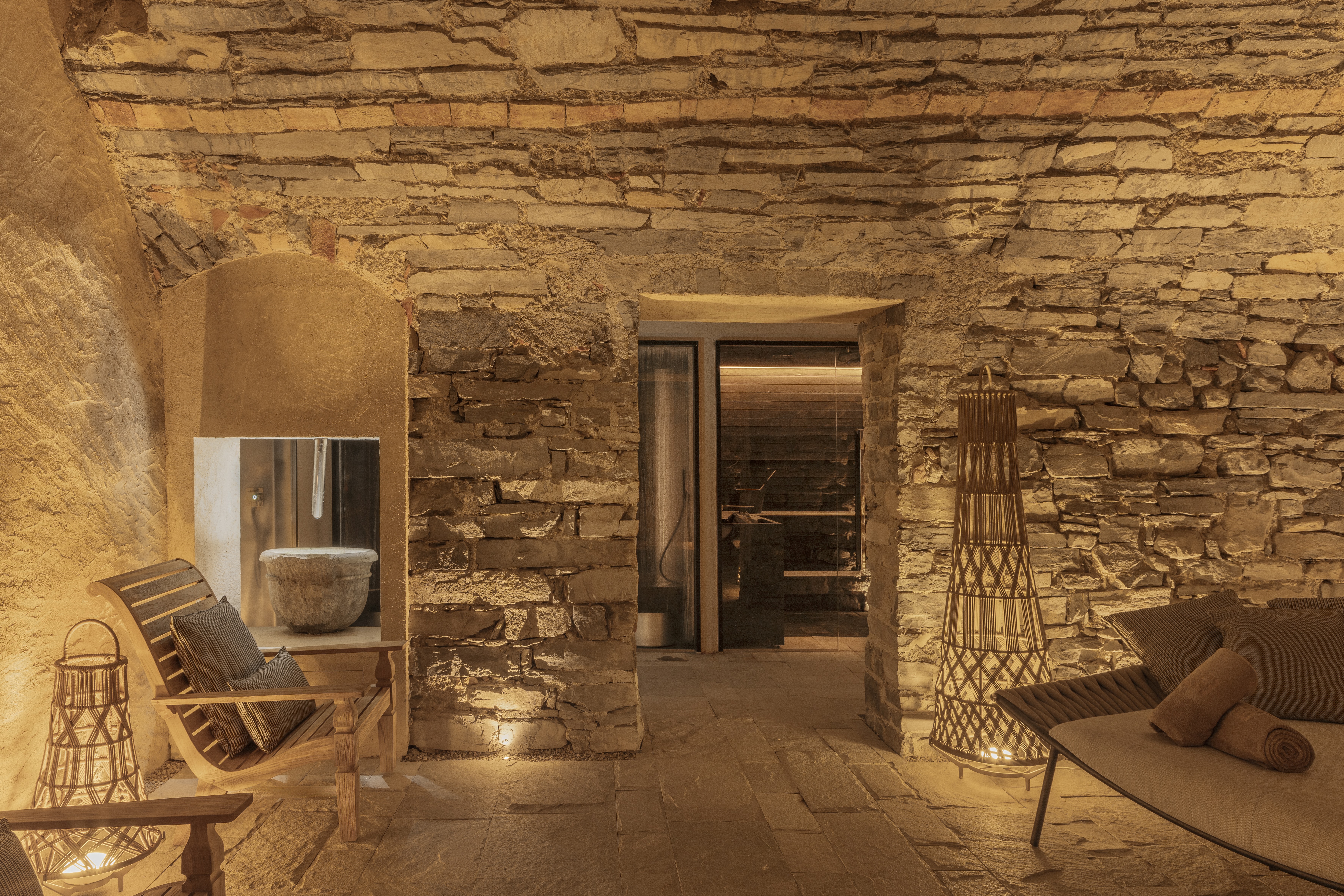
The range, which is stocked in Liberty London, is also available at Grand Hotel Son Net, an equally elegant property on the island of Mallorca, Spain. And an enhanced, larger-scale spa is planned for Borgo Santo Pietro — likely opening next year (2026). Back underground at Passalacqua, the airy, wicker-panelled treatment rooms are beautifully juxtaposed by a Scandinavian-inspired, vaulted rock-hwen steam, sauna and cold shower area. At the end of a 50metre tunnel, illuminated by lattice-cut lanterns, there’s an indoor pool, cleverly engineered to fit inside a green glass-house that looks out over terraced gardens. On sun-less days, the gentle, rhythmic pattering of rain on the glass roof, it is one of the most peaceful places on Earth.
Rooms at Passalacqua start from €1,210 (about £1,030)
Rosie is Country Life's Digital Content Director & Travel Editor. She joined the team in July 2014 — following a brief stint in the art world. In 2022, she edited the magazine's special Queen's Platinum Jubilee issue and coordinated Country Life's own 125 birthday celebrations. She has also been invited to judge a travel media award and chaired live discussions on the London property market, sustainability and luxury travel trends. Rosie studied Art History at university and, beyond Country Life, has written for Mr & Mrs Smith and The Gentleman's Journal, among others. The rest of the office likes to joke that she splits her time between Claridge’s, Devon and the Maldives.
